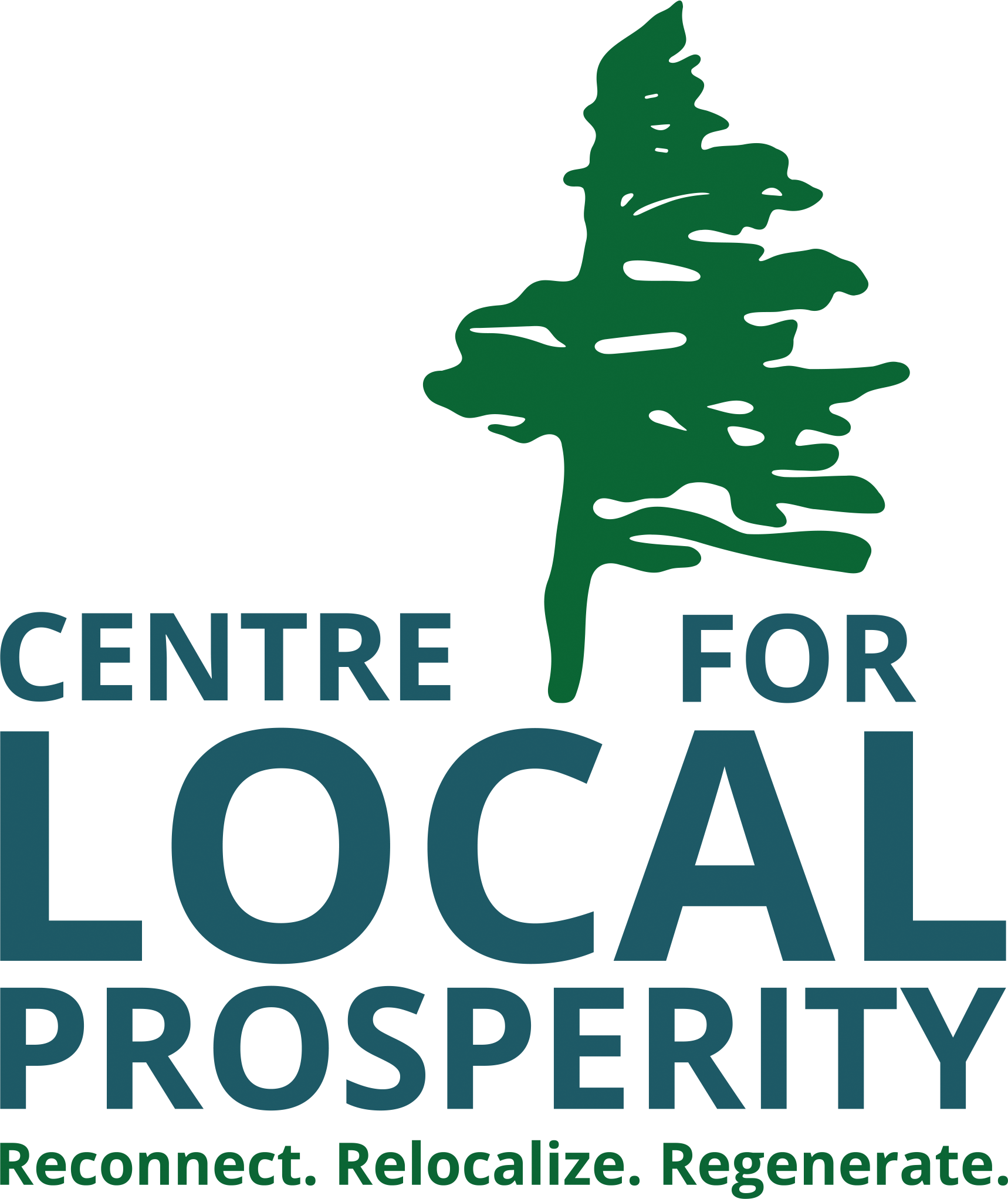oUR tEAM
We are proud to have connections across Mi’kma’ki (Atlantic Canada) and beyond to support our mission & vision at the CLP.
Learn more about the folks that support and guide CLP below.
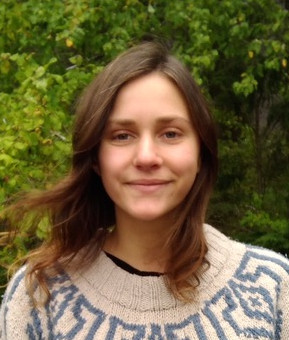
Natalie Weder
After working as a biologist for several years, Natalie felt limited in her ability to act on the environmental and social crises we face, as many of them require large systemic change. With a deep interest in food systems and their connection to social justice, climate change, and public well-being, she is currently pursuing a MSc in Agriculture at Dalhousie. Her research focuses on knowledge mobilization strategies to facilitate food system transformation. Natalie joined the Food Secure Canada Youth Caucus as co-chair to help bring more youth voices into discussions on food system futures.
She is based in Mi’kma’ki, but draws on her experience growing up on Haida Gwaii to envision resilient and vibrant communities. She is thrilled to be part of the Centre for Local Prosperity team, recognizing that solutions come from within communities themselves
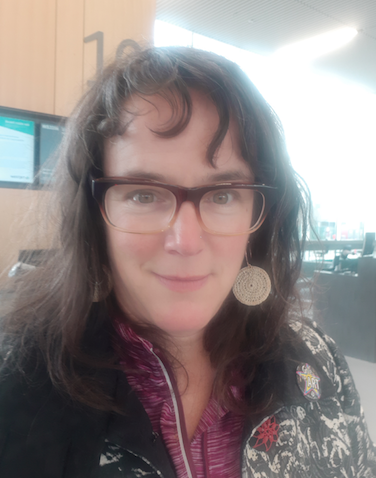
Gillian Kerr
Dr. Gillian Kerr is a Post-Doctoral Fellow at Dalhousie, coordinating the Rural Futures Research Centre and working with the ‘Perceptions of Climate Change and Social Futures’ project. She is also adjunct faculty at Royal Roads University in Victoria, BC where she teaches environmental and ecological economics for decision-making. She recently completed a postdoctoral fellowship at McGill University in the RESNET research group on ecosystem service research and application across Canada.
Her doctoral thesis, “Market-Based Approaches for Environmental Governance: Exploring the Implementation Gap in Alberta” explored governance issues that have impeded that application of MBIs for environmental objectives in Alberta. Her research interests include ecosystem services theory and application for sustainable communities, and the application of ecological economics to enhance sustainable futures. She has recently moved to Halifax from Edmonton, Alberta.
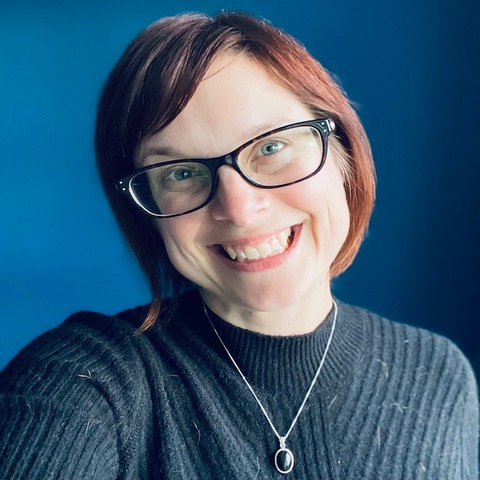
Barb Smeltzer – Vice president
Barb is a social impact professional with more than 20+ years of experience in the corporate philanthropy and nonprofit space. She has a degree in Cultural Anthropology which sparked her love of understanding the human journey. Her roots in Nova Scotia run deep, as her paternal ancestors are one of the settler families of Lunenburg and Mahone Bay, coming from Germany in 1752. Although Barb grew up all across Canada, she decided to make Nova Scotia her home in 2018 to be closer to her father’s side of the family and to embrace coastal living. Since then, Barb has become a concerned citizen in how the province can thrive in these uncertain times, building pathways for all Nova Scotians to have a high quality of life.
Barb presently is the Senior Operations Manager with Engage Nova Scotia. In her personal time, Barb enjoys communing with the natural beauty of Nova Scotia with her magical dog Merlin, a 9 year old Lab/Shepherd mix and rescue.
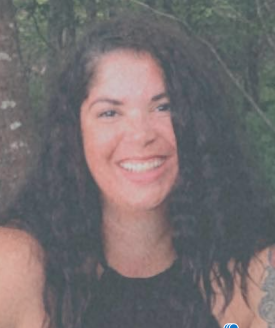
Tracy Marshall
Tracy Marshall is from Potlotek First Nation. She is an active member of CEPI Youth, and currently the Youth Coordinator for CEPI. She sits on the Bras d’Or Lakes Biosphere Reserve Association Board of Directors as the youth representative. As a child, she started to learn about melting “ice caps” and was concerned for polar bears, and ever since haven’t stopped being an activist for the environment. Not knowing where to start, she just stopped littering and encouraging friends and family not to as well. The rest was a ripple effect from that moment on.
Tracy was a co-organizer of the CLP 2019 Youth Retreat, a Thinker in the May-June 2020 retreat and a trusted advisor. She is working with CLP to collate written transcripts of Elder Albert Marshall’s teachings. Tracy is in the Bachelor of Arts and Science in Environment program at Cape Breton University.

Regan Rosberg
Regan Rosburg (b. 1977) is an interdisciplinary artist who weaves together science, psychology, history, and social engagement. With a passion for studying various ecosystems and biota, her work investigates not only the exquisite intelligence of ecology, but also the causes and ramifications of over-consumption.
She is represented by William Havu Gallery (Denver, CO), and teaches at the Rocky Mountain College of Art and Design. She is the artistic director of Cayo Artist Residency in Eleuthera (Bahamas).
In 2020 she published The Church of Water: A Portrait of the Arctic, a collection of images from her 2019 Arctic Circle Residency expedition. She outlines the scientific research that went into planning her trip, as well as the insights she had about plastic pollution, overconsumption, beauty and time.
Publications and interviews include Yale University’s “Order of Multitudes” (2020-2021 Mellon-Sawyer Seminar); the IGI International Journal of Civic Engagement and Social Change, Truthout, CPR News, The Shambhala Times (CAN), Elysian Magazine, One Resilient Earth, and the Denver Post. Her residencies include the Arctic Circle Residency (Norway), RedLine (CO), S*Park (CO), Ayatana (CAN), and the Oak Spring Garden Foundation (VA). Rosburg received her BFA from the University of Colorado (Boulder, 2000) and her MFA from the Lesley University College of Art and Design (2016).

Sarah Ravlic
Sarah is an accomplished social planner and consultation specialist with experience supporting local governments to address issues of equity and inclusion across the social determinants of health. Sarah brings more than six years of experience in the planning field and her previous work includes supporting local government staff and elected officials to integrate an equity lens into engagement processes as well as policy and plan development. Sarah’s recent work has focused on housing access and affordability and working with individuals with lived experience of homelessness and housing insecurity. She has Art of Hosting and San’yas Indigenous Cultural Safety training, the Government of Canada Gender-Based Analysis Plus training and completed her Master of Planning at Dalhousie University.
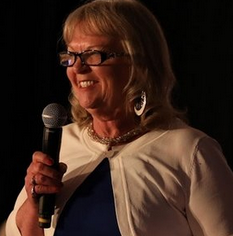
Wendy Keats
Wendy has worked in community economic development for nearly 40 years. She helped found CECNB in 2007—she was so excited by the prospect of building strong economies in NB through co-op and social enterprise that she gave up her private consulting practice to become CECNB’s first Executive Director.

Don Bemish
Don has been the CEO of Larch Wood Enterprises in East Margaree, Nova Scotia, since 2004 until present. He has taken it from a 4 person operation to 20 plus employees. Larch Woods products are exported world wide. Before That Don had a successful 35 year career as an independent builder, designer and cabinet maker in Ontario and Nova Scotia. Don moved to Cape Breton in 1985 from rural Ontario and never looked back.
After attending a hard wood conference in Port Hawkesbury in 2016, Don and Kari Easthouse from the Cape Breton Private Land Partnership approached Inverness Councilor Jim Mustard about forming a co-op dedicated to sustainable forestry and creating the opportunity for more value added wood products being produced in Cape Breton. Breton Forest Innovation Co-op was founded in 2017. The site of the former Fine Wood Flooring facility in Middle River, 22,000 sq. ft of buildings and offices was purchased with the help of New Dawn Enterprises and the Sydney Credit Union. They remain vigilant in promoting their vision and are currently working on a proposal for the Nova Scotia Forest Industry Transition Fund.
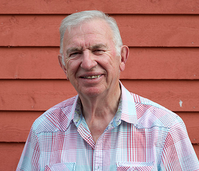
Gordon Slade
Gordon Slade is a leader in the sustainable economic development of Newfoundland and Labrador. After an early career in fisheries conservation, in 1975, he was appointed the provincial Deputy Minister of Fisheries. In 1982, he was appointed the Federal Economic Development Coordinator, Newfoundland Region. In 1987, Mr Slade became Vice-President, Newfoundland Division, for the Atlantic Canada Opportunities Agency (ACOA). He also served as Co-Chair of the $300 million dollar (CAD) Canada-Newfoundland Offshore Development Fund. In 1988, Mr Slade established The Battle Harbour Historic Trust to protect the history and culture of the intact salt-fishing village of Battle Harbour. Mr Slade has been awarded the Order of Canada for his community work. The Battle Harbour initiative has earned numerous awards, including the Royal Canadian Geographical Society’s Gold Medal. He has received an Honorary Doctorate Degree from Memorial University, and the Order of Newfoundland and Labrador. Mr Slade’s latest project is the renaissance of the remote region of Fogo Island and Change Islands with the Shorefast Foundation. He is developing partnerships with governments, communities, and local residents to preserve local traditions, while developing a model for the sustainable management of rural communities internationally.
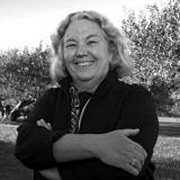
Susan Witt
Susan is the Executive Director of the Schumacher Center for a New Economics, heir to the legacy programs of the E.F.Schumacher Society. She led the development of the Schumacher Center’s highly regarded lecture, publication, conference, seminar, and library programs. These programs established the Schumacher Center as a pioneering voice for a new economy shaped by social and ecological principles. Over the past 35 years, Susan has maintained a deep commitment to implementing projects for the commons, such as land trusts, micro-lending and local currency initiatives.
While deeply engaged with the history and theory of a new economy and its implications for the transformation of our relationship to land, labor, and capital, Susan Witt has simultaneously worked to place theory into practice in her home region of the Berkshires, with projects such as community land trusts, local currencies and community supported industry.
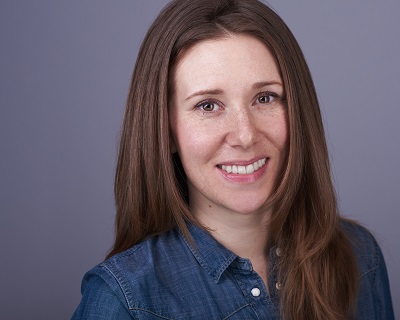
Karen Foster
Karen Foster is Canada Research Chair in Sustainable Rural Futures for Atlantic Canada. She is Assistant Professor in the Department of Sociology and Social Anthropology at Dalhousie University, where she teaches about work, economy and gender. Her research spans economic sociology, the sociology of work, and the history of economic thought.
Her forthcoming book, Productivity and Prosperity (University of Toronto Press, 2016), examines the meaning and measurement of “productivity” in Canada. She is a founding member of Basic Income Nova Scotia, an avid cyclist, partner to Brian Foster and mother to 2-year-old Alice.

Albert Marshall
Albert is a highly respected and much loved Elder of the Mi’kmaw Nation. He lives in Eskasoni First Nation in Unama’ki (Cape Breton), NS, and is a passionate advocate of cross-cultural understandings and healing and of our human responsibilities to care for all creatures and our Earth Mother. He is the “designated voice” with respect to environmental issues for the Mi’kmaw Elders of Unama’ki and he sits on various committees that develop and guide collaborative initiatives and understandings in natural resource management or that serve First Nations’ governance issues, or that otherwise work towards ethical environmental, social and economic practices.
Elder Marshall coined the English phrase “Two-Eyed Seeing” for a guiding principle found in Mi’kmaq Knowledge as reflected in the language. Two-Eyed Seeing in his language is known as Etuaptmumk, which encourages the realization that beneficial outcomes are much more likely in any given situation if we are willing to bring two or more perspectives into play. As Elder Marshall says, “learn to see from your one eye with the best strengths in the Indigenous knowledges and ways of knowing … and learn to see from your other
eye with the best strengths in the mainstream (Western or Eurocentric) knowledges and ways of knowing … but most importantly, learn to see with both these eyes together, for the benefit of all”.
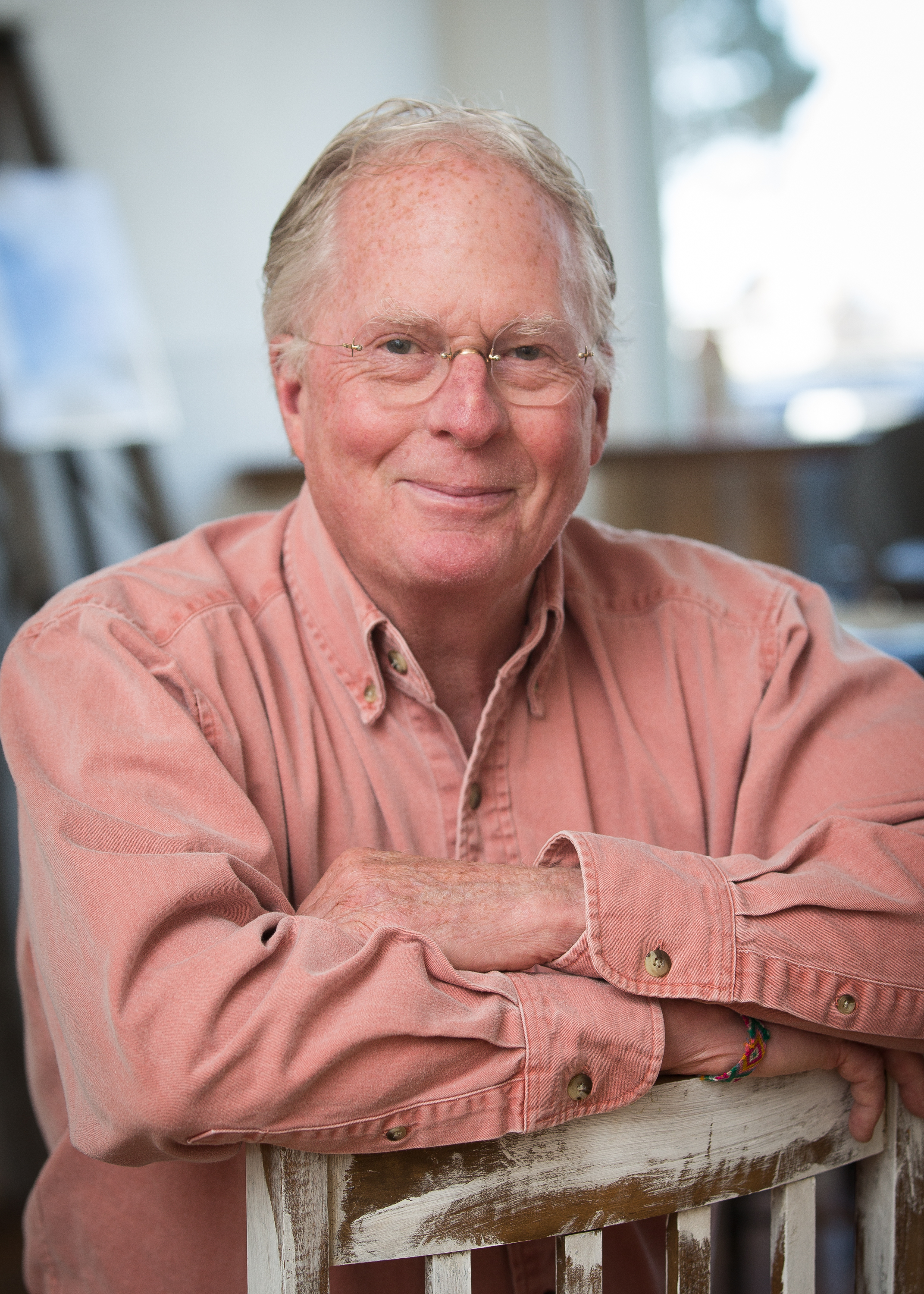
Gregory Heming
Gregory is a Co-founder of the Centre for Local Prosperity. He is a philosophical ecologist, writer, climate activist and former elected official. He holds a PhD in Literary Ecology and Northern Studies with special interest in steady-state economics, public policy and ecocide.
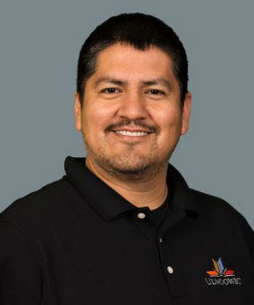
Christopher Googoo
Chris joined Ulnooweg Development Group in April 2000 as a Procurement Liaison Officer, supporting Aboriginal businesses access procurement opportunities with government and private sector industries. In 2004, he accepted a Commercial Account Manager position serving the Nova Scotia region. In 2006, he was appointed General Manager of Ulnooweg. In recognition of Chris’s contribution to the overall management of Ulnooweg as a growing organization, Chris’s title was changed to Chief Operating Officer in 2017.
He is a member of the Tripartite Economic Development Working Committee, Board member of the Community Sector Council of Nova Scotia and the Rural Communities Foundation of Nova Scotia. In 2016 he was elected to the Board of the Atlantic Provinces Chamber of Commerce and in 2018 he was appointed to the Innovacorp Board. His previous work has included membership with the Atlantic Aboriginal Economic Developers Network and the Mi’kmaw Economic Benefits Office. He was also a board member of the National Aboriginal Capital Corporation Association representing the Atlantic and Quebec region for over a decade.
Chris has a Bachelor of Business Administration degree from St. Francis Xavier University and is a member of the We’koqma’q First Nation living with his wife and three children in Millbrook.
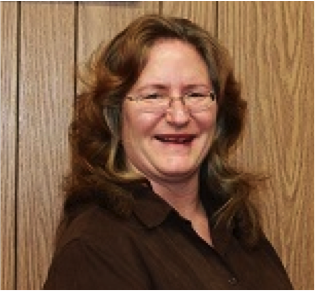
Dayle Eshelby
Dayle draws strength from enduring community growth and development. Dayle is the Rural Coordinator for St. Mary’s Silver Economy Engagement Network and a Lockeport Town Councillor. Dayle leads RESOLVE! Management enhancing development leadership by empowering an organization’s people and has Community Service Employment Support Caseworker experience. Involvement with academic institutions include Research Assistant and Coordinator in a partnership with Mount St Vincent University/ Tri-County Women’s Centre, over fifteen years at McGill University and participation in the President’s Roundtable at the Canadian Association for University Continuing Education National Convection. Locally Dayle was Lockeport’s Integrated Community Sustainability Plan (ICSP) Coordinator and is Chairperson of numerous community boards.

Justin Cantafio
Justin is anchored by a steadfast belief in the power of small-scale, community-based businesses to build truly sustainable social and economic development. It’s what drove him to spend his master’s degree living and working on ten organic farms from Quebec to the Pacific Coast. He’s since helped with managing Atlantic Canada’s first sustainable seafood subscription program through Off the Hook Community Supported Fishery, worked with the Ecology Action Centre to spearhead a Canada-wide program to promote locally-sourced food in schools, universities, and hospitals, and connected small-scale fishers and aquaculturalists with high-value markets across Nova Scotia and beyond with Halifax’s Afishionado Fishmongers.
Justin is currently the Executive Director of Farmers’ Markets of Nova Scotia, a non-profit cooperative of over 35 farmers’ markets throughout the province. When he’s not crafting up ideas to re-localize our economy and promote local businesses, you might find Justin running in the woods, cooking up big hearty meals with friends, or relaxing in his off-grid cabin by the sea.
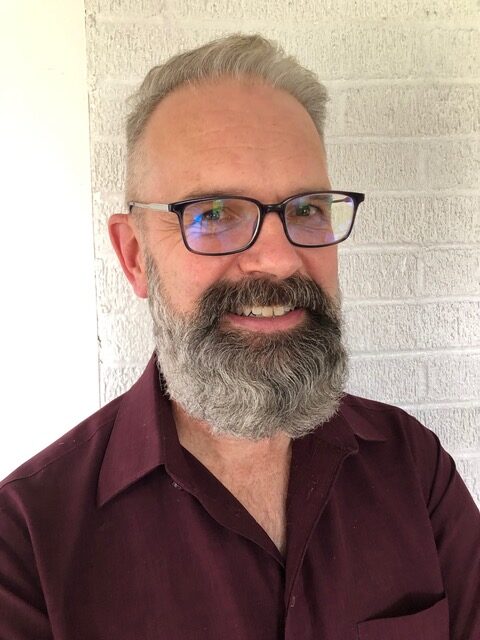
Andy Horsnell
Andy is an independent consultant, specializing in social enterprise development. His website is www.socialenterprisesolutions.ca.
He has worked for over three decades to help community-based enterprises and their local economies to be more resilient, self-reliant, and sustainable. He got his start working in rural Nova Scotia, providing coaching and training to independent entrepreneurs. In the mid-1990s, Andy started working with local non-profit organizations, helping them to start and grow social enterprises that used a business model to directly address important community issues. Since then, He has worked with 100s of community organizations — large and small, rural and urban, for-profit and nonprofit ‒ throughout North America and abroad. As a volunteer, he currently serves as the vice-chair of the Social Enterprise Council of Canada, is a founding director of Just, Good Business (formerly the Social Enterprise Network of Nova Scotia), and served as the chair of the Centre for Local Prosperity.
When he’s not doing consulting, Andy works with his partner SJ on their sheep farm (Pheasant.Ridge.Farm on Instagram) in beautiful Kempt Shore, Nova Scotia.
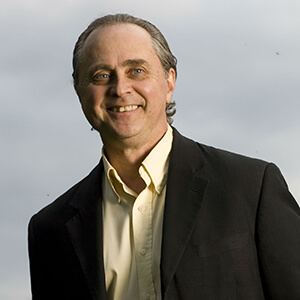
Robert Cervelli
Robert has been a life science tech start-up entrepreneur for over 25 years, and understands the issues related to new business creation and the health of resilient local economies. He has founded, or co-founded, biotechnology companies developing diagnostics, cancer therapy, vaccine enhancement technologies, neurological drug discovery and consumer health products. He has become particularly knowledgeable in the commercial develop of botanical extracts and natural active compounds.
Robert has been an active volunteer in community building for over 35 years. He is a co-founder and Chair of Transition Bay St. Margarets Bay, one of the first Transition Initiatives in the Maritimes. He is advising other rural Maritime communities on the process of building Transition Initiatives in order to draw out the skills, processes and projects inherent in local cultures to build resilience and adaptability to global change.
Robert has corresponded widely and tracked the international development of new tools and initiatives bringing a solid ‘projects-first’ perspective to revitalization. He has been a member of the E.F. Schumacher Society for over 25 years, has corresponded internationally and attended key international events on alternative economics. A particular area of interest is in projects implementing innovative new tools for rebuilding economic resilience at the local and regional levels. His local currency projects include the ‘Bluenotes’ (1993, coupon note issued by 10 Halifax businesses), the “Maritime Hour’ (1994-98, local currency accepted by over 300 businesses), and the ‘Carat’ (2012-present, redeemable currency issued by local Nova Scotia farmers). Robert also sits on the Board of the St Margarets Bay Stewardship Association and several green technology companies.
As an experienced botanist and horticulturalist, Robert manages a one-acre vegetable farm at his home in St. Margarets Bay. He holds a B.Sc. degree (Forestry) from Purdue University and a M.Sc. (Botany) from the University of Wisconsin.
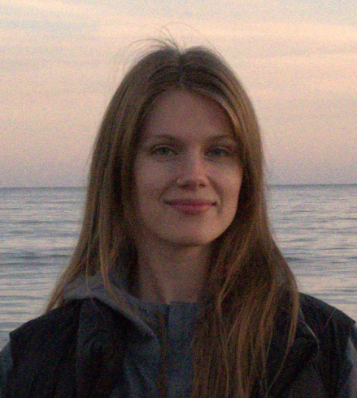
Olivia Langille
Liv was born and raised in what she describes as the “deep dark country woods” of Pictou County (and loved it!). She is passionate about climate change and biodiversity loss mitigation, and has become increasingly interesting in how agriculture and food systems impact and are impacted by these phenomena.

Andrea Vandenboer
Andrea has what you want in a project or event coordinator, a videographer, and an award-winning filmmaker – a background of international travel, music, theatre and digital arts that have led her and her company The Visual Blueprint Productions (and Theme Room Films co-partner) to become a visual story-telling force to be reckoned with. Her quick sense of humour, clarity and fiercely compassionate nature will find you wanting to see your event come to life under her skilful guidance or your own story told through the lens of her camera.
Andrea has produced, directed, edited, coordinated and filmed for documentaries, live events, promotional videos, fiction, animation, and numerous research projects. Her independent films often result in screenings at local and global venues with official selections for International Film Festivals and featured at educational institutions, conferences and events. The Centre for Local Prosperity documentary Climate Change and the Human Prospect produced and directed by Andrea earned her a Women in Film and Television Atlantic Best Director nomination at the 2019 Screen Nova Scotia Awards.
Andrea also has a history of creating memorable conferences, events, festivals, focus group planning and workshop coordination. She has experience in the supervision and training of others, including, teachers’ aide for video editing, set etiquette and film production roles in schools, and the planning and coordination of scheduled educational programs and program development with Women in Film and Television Atlantic.
Andrea is a proud member of Canadian Cinema Editors (CCE), Atlantic Filmmakers Co-operative (AFCOOP), Women in Film & Television Atlantic (WIFT-AT), and the Documentary Organization of Canada (DOC).
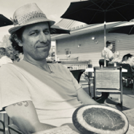
Ethan Neville
Ethan Neville is a film maker and multimedia artist living in Halifax, Nova Scotia. He has worked as a professional cinematographer and editor since 2001. He is currently working on a long-form multimedia art experiment : Stone Soup Unlimited, the Stone of Kindness project. This social art work is based on a hunch that humanity has the tools to evolve out of ignorance and aggression. These tools are social in nature, with the practice of Kindness, Conversation and Celebration we may attend to our collective ecological, social and scientific imbalance.
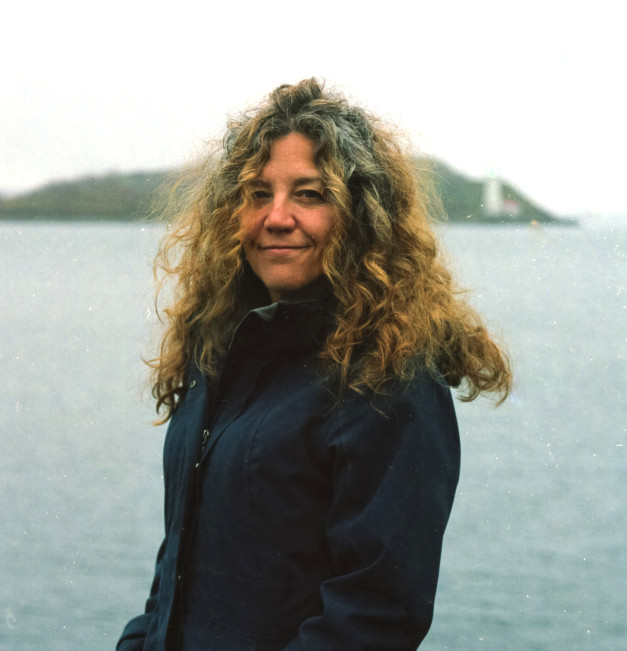
Karalee Clerk (MA)
Karalee is comfortable and happy in a busy writing environment, driven to unearth compelling, interesting and radical ways to transform the ordinary or unexpected into the words that best appeal to a target audience.
She has over 25 years’ experience in copywriting, marketing, branding and communications spanning a host of industries and organizations including non-profits, universities as well as corporate businesses, in both freelance and contract capacities. Professional accomplishments include an award-winning national advertising campaign for the University of Waterloo, working with former Governor General David Johnston, and a radical conference combining workplace with academics and research, working with world-renowned author, Malcolm Gladwell.
Creative writing credits cover features, columns and report writing for print, web and magazines—monthly and weekly columns in the Chronicle Herald, essays in The Globe and Mail’s, a CBC radio Outfront segment, a Global TV documentary featuring Edna Staebler, a popular blog—as well as magazine development & execution and publishing experience. She has edited multiple magazines and has taught copywriting, advertising and business writing at colleges and universities for more than a decade. She is also a creative director, overseeing the integration of word and visuals by guiding and collaborating with photographers, illustrators and graphic designers.
Karalee holds degrees from Dalhousie University of King’s College (MA Creative Nonfiction) and the University of Waterloo (BA Rhetoric and Professional Writing). If you’re ever looking for her, check out one of Nova Scotia’s rocky seaside shorelines or a forest trail.
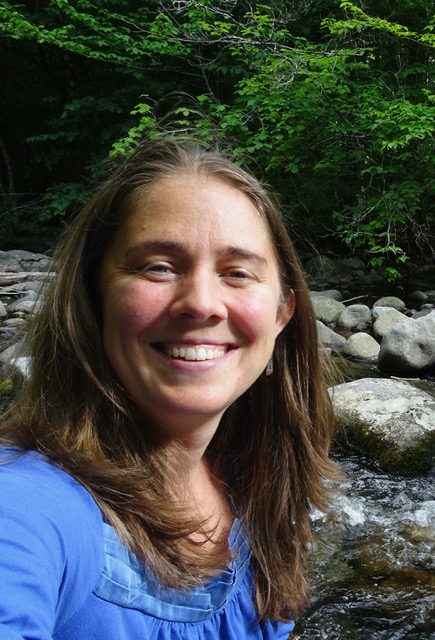
Melissa Fillmore
Melissa is an implementer at heart and thrives on making ideas become a reality. She is an innovative problem solver and a clear thinker. Over the years she has developed her skill set in administration, program development, small business management and graphic design through varied opportunities in multiple countries. In addition to private sector endeavours in the United States, Melissa volunteered for five years in Africa, helping to establish an orphanage in Mozambique, and later assisting in the development and coordination of an agricultural and business adult education program in South Africa. Currently, as owner of Past to Present Photos, Melissa utilizes her graphic design, interpersonal, and organizational skills by assisting individuals in the curation of their personal histories through their photo collections.

Larry Berglund SCMP, MBA, FSCMA
Larry’s supply chain experience includes leadership positions in the forest industry, public health care, municipal government, university operations, academia, and consulting services. As a consultant he drafts procurement policies, templates, develops strategies, conducts audits and implements best practices.
He facilitates online and classroom workshops on buying, business ethics, circular economy, contract management, inventory management, leadership, risk management, social procurement, operations management, supplier performance evaluations, competitive bidding, performance metrics, and supply chain strategies. He also provides onsite supply chain operational reviews.
Larry is an academic coach for supply chain courses in the Athabasca University Leadership & Management Development program, including environmental responsibility. He was invited to Hong Kong and Singapore to present to leading companies in the fast moving, consumer goods sector. In 2017, 2018 and 2019 Larry presented on advanced supply chain training to the United Nations staff in Brindisi, Italy. He is a procurement advisor and trainer for the Coastal Communities Social Procurement Initiative. Larry also facilitates training workshops for the Procurement School. In 2020, he presented to the World Bank in Washington, DC on social procurement strategies.
Larry has written many articles on a variety of supply chain subjects for business publications. His latest e-book, is Plan It for Our Planet: Social Procurement Practices, Policies, Principles and Plans for the Supply Chain.
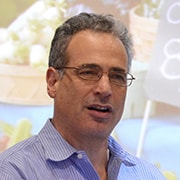
Michael Shuman
Michael is an economist, attorney, author, and entrepreneur, and one of the world’s leading experts on community economics and local investment (michaelhshuman.com). Shuman has authored or coauthored eight books. His latest book is entitled The Local Economy Solution: How Innovative, Self-Financing “Pollinator” Enterprises Can Grow Jobs and Prosperity.
Michael has also written Local Dollars, Local Sense: How To Move Your Money From Wall Street to Main Street & Achieve Real Prosperity highlights a broad range of local tools for funding enterprise. He’s a founding board member of the Business Alliance for Local Living Economies (BALLE). He is also an adjunct instructor in community economic development for Simon Fraser University in Vancouver.
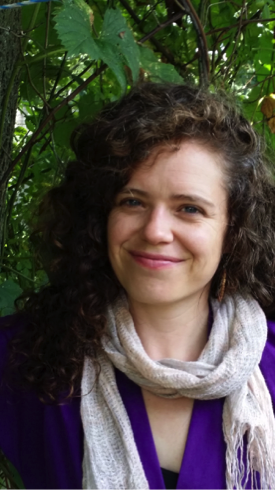
Josée-Ann Cloutier
Josée brings over 15 years working experience in the hospitality, health and education sectors along with starting three mobile health and wellness businesses. She’s a graduate from the Management program at Dalhousie University specializing in Entrepreneurship, along with receiving a fully funded MA from Europe researching the significance of community and social well-being in retreat settings. Josée worked as an Entrepreneurship Coordinator and Educator in Montréal as well as an Environmental Educator on climate change and energy efficiency in Nova Scotia’s Acadian and French speaking communities.

